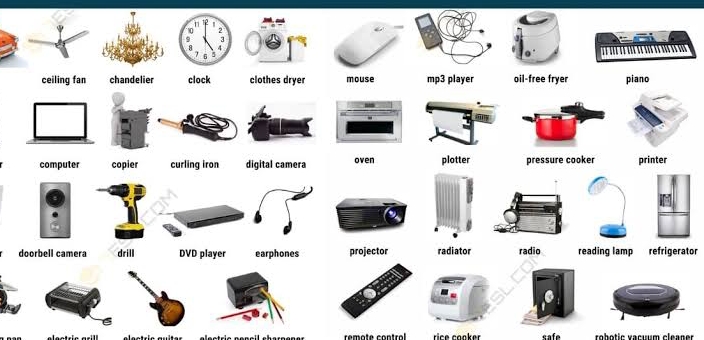Nigeria’s importation of electrical equipment has been on the rise, according to data from the International Trade Center (ITC).
According to ITC, in 2022, the country spent over three billion dollars ($3.47bn) on importing phones, generating sets, electrical transformers, and other electrical equipment.
The above represented an 11.90 per cent increase from the previous year’s importation bill of $3.09bn.
ATTENTION: Click “HERE” to join our WhatsApp group and receive News updates directly on your WhatsApp!
ITC’s report disclosed that Nigeria in the past three years has spent a total of over ten billion dollars ($10.26bn) on electrical imports, despite dwindling foreign exchange reserves.
Imports of electrical machinery and equipment on the ITC portal include a wide range of products, such as electric motors and generators, electric generating sets, electrical transformers, vacuum cleaners, electric shavers, hair clippers, and telephone sets.
It added that in 2022, the total value of phone imports was over seven hundred and seventy-three million dollars( $773.56m), a slight increase of 0.17 per cent from 2021.
Additionally, over four hundred and sixty-eight million dollars ($468.65m) worth of electric motors and electric generating sets, and over three hundred and fifty-seven million dollars ($357.36m) worth of electrical transformers were imported. These three products accounted for 46.06 per cent of total electrical equipment imports in 2022, the report said.
China, India, Germany, Türkiye, Sweden, United States of America, United Kingdom, Austria, Italy, Vietnam, and France were the major sources of these imports.
Nigeria’s telecommunication sector has undergone liberalization for over two decades now. However, the country cannot still manufacture phones and other necessary equipment needed in the sector.
According to the Nigerian Communications Commission, NCC over sixty-three million technology devices are sold annually in Nigeria, with foreign companies like Tecno, Samsung, Apple, and Itel dominating the market.
Despite having the seventh-highest number of phones in the world, the country’s local phone manufacturing industry was non-existent.
ITC said:
“Nigeria’s smartphone market declined 32.1 per cent YoY in Q4 2022 due to sustained high inflation and a shortage of U.S. dollars in the country.”
Local phone manufacturing in Nigeria has been hindered by several factors, according to Ajibola Olude, the Chief Operating Officer of the Association of Telecommunications Companies of Nigeria.
Poor electricity supply, lack of regulatory enforcement, disdain for local content, and a lack of technical know-how were some of the reasons that have affected the industry.
These challenges, Olude said
have made it difficult for local manufacturers to compete with imported phones.
In a recent interview with The PUNCH, Olalekan Aworinde, an associate professor of Economics at the Pan Atlantic University, expressed his concern about the continued dependence on imported electrical equipment.
Aworinde highlighted the implications of the act, including foreign exchange management, as most of these goods were paid for in dollars.
The ITC gets its data from the National Bureau of Statistics and the United Nations COMTRADE.



